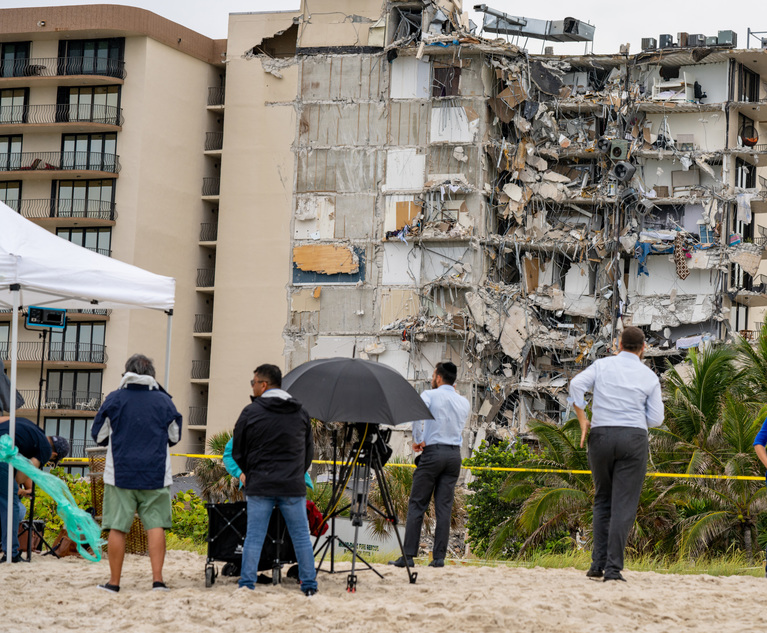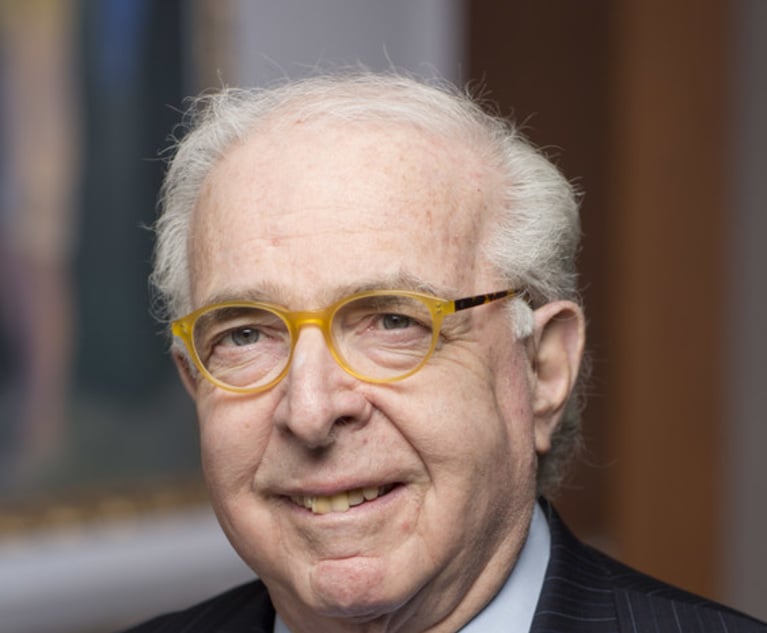Within one year of the infamous Surfside collapse, insurers agreed to pay more than $1 billion to settle bodily injury and property damage losses. Florida thereafter enacted a tidal wave of insurance regulations, supposedly to avoid due process concerns in any future catastrophe. The state’s legislative response presents an interesting case study on government efforts to curb the impact of bad faith laws as a result of lessons learned from this tragedy.
The Losses and Settlement
On June 24, 2021, Champlain Towers South in Surfside, Florida collapsed, killing 98 individuals and leading to the total destruction of the condominium, including 136 individual homes. A class action ensued. On June 24, 2022, it was announced that the action settled for $1.2 billion. The fund consisted of $120 million from the sale of the beach-front land on which Champlain once stood. About $1.1billion was provided by settlements with insurers for the benefit of their insureds/alleged tortfeasors, some of which were named defendants in the class action but most of which were not. In fact, the largest sum, approximately $517 million, was paid on behalf of Securitas Security Services, Champlain’s security firm, which was not a party to the action.


 Miami Beach, FL, USA – June 24, 2021: news media covering the collapse of Champlain Towers in Surfside leaving dozens injured as rescue teams search for survivors.
Miami Beach, FL, USA – June 24, 2021: news media covering the collapse of Champlain Towers in Surfside leaving dozens injured as rescue teams search for survivors.




